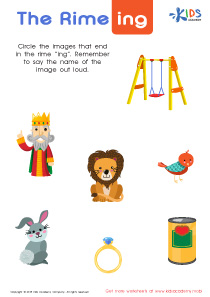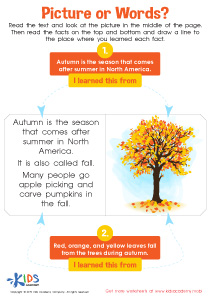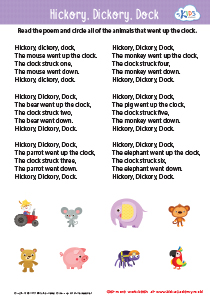Letter recognition Extra Challenge Reading Worksheets for Ages 3-6
3 filtered results
-
From - To
Introduce your young learners to the exciting world of reading with our "Letter Recognition Extra Challenge Worksheets for Ages 3-6." Designed to engage and inspire toddlers and preschoolers, these worksheets provide an immersive experience in letter recognition. Each worksheet features captivating activities that make learning fun and effective. From tracing and matching to games and puzzles, your child will enhance their understanding of the alphabet and boost their reading skills. Perfect for both classroom and home use, these resources lay a strong foundation for future reading success. Develop essential skills with our comprehensive and interactive worksheets today!
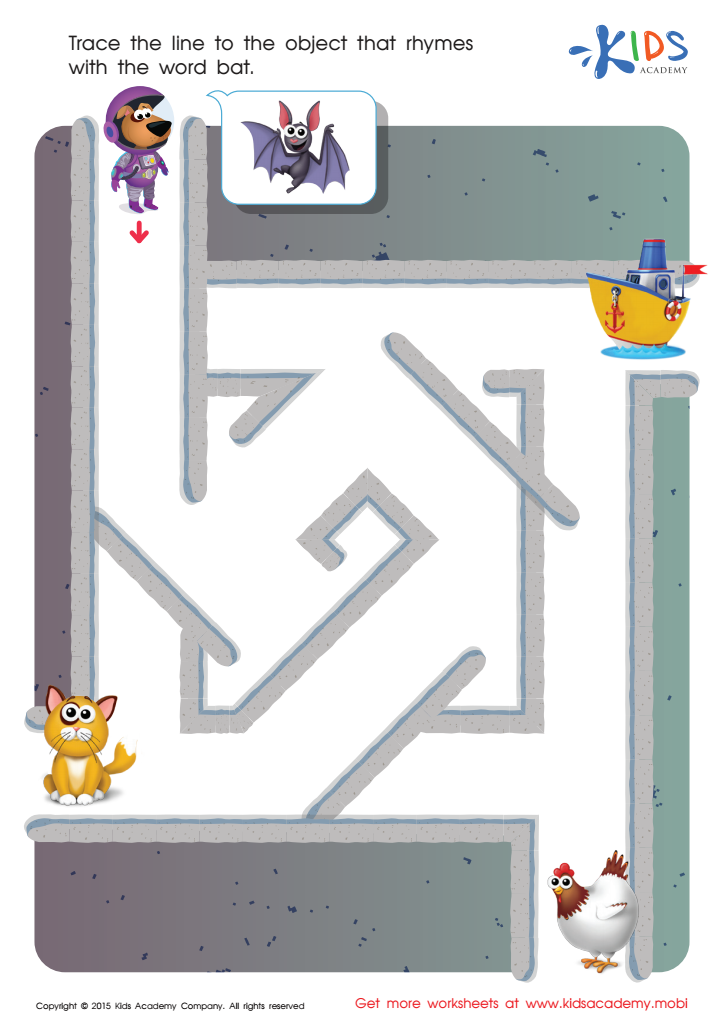

Bat Rhyming Words Worksheet
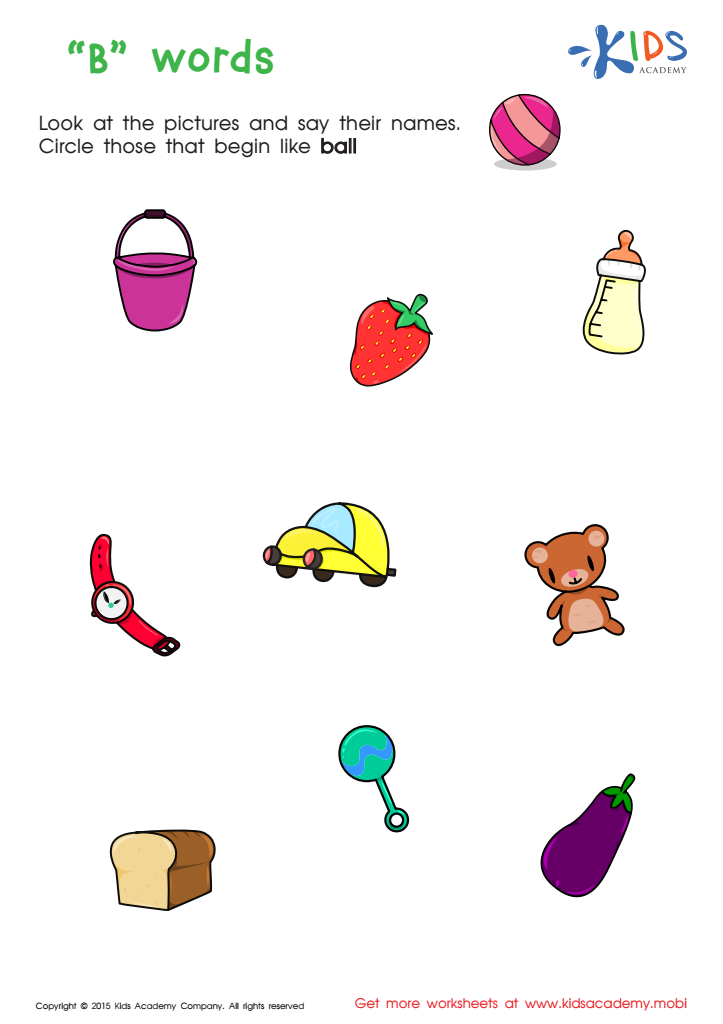

First Words Worksheet
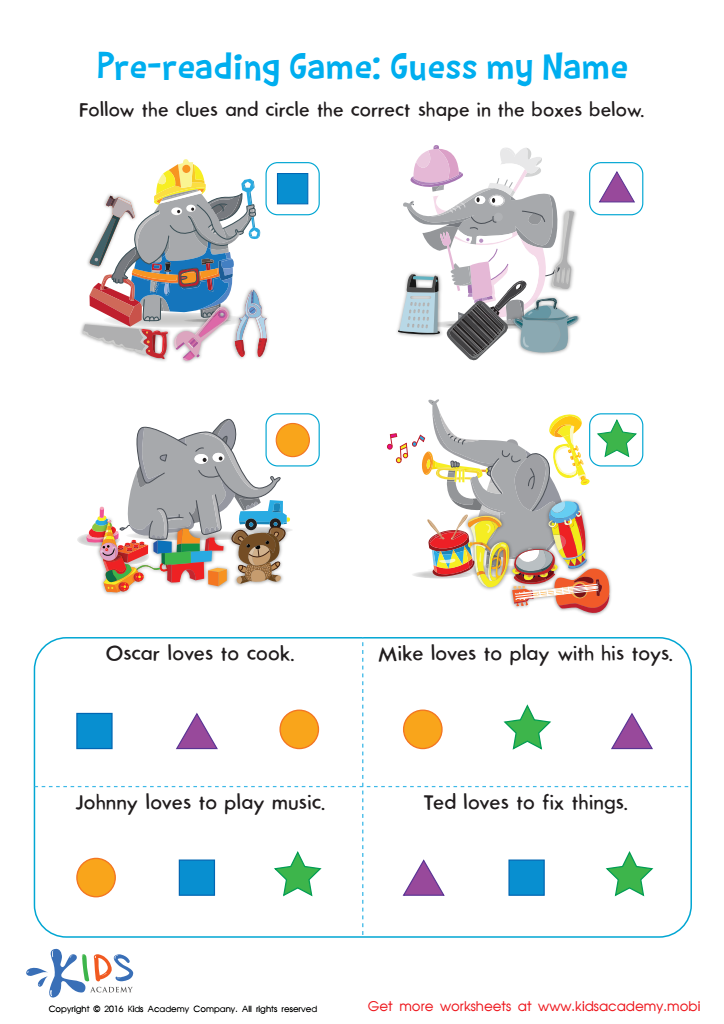

Pre Reading Worksheet Guess My Name
Letter recognition is foundational for early literacy and directly impacts a child's ability to read and write. Engaging children ages 3-6 in activities that challenge and enhance their letter recognition ensures they develop the critical pre-reading skills necessary for successful learning later on.
First, letter recognition forms the basis of phonemic awareness, enabling children to associate sounds with symbols. This skill is essential for decoding words, which directly influences reading fluency, comprehension, and overall literacy. Without solid letter recognition, children may struggle with reading, leading to frustration and reduced self-esteem.
Second, early literacy skills are correlated with academic success across all subjects. Children who develop strong letter recognition early tend to excel in other areas, including mathematics and problem-solving. This is because reading skills promote cognitive development and enable independent learning.
Moreover, familiarity with letter shapes and sounds can enhance vocabulary and language skills. Young children who recognize letters can begin to read simple words, fostering a love for reading that can last a lifetime. Reading competency also encourages better communication skills, aiding personal and social development.
Lastly, incorporating letter recognition challenges in a fun, playful manner maintains children's engagement and creates a positive learning environment. Interactive games, singing the alphabet, and hands-on activities can make learning enjoyable, fostering a lifelong enthusiasm for reading and education. If parents and teachers prioritize letter recognition at this critical stage, they set the foundation for a child's future academic and personal success.
 Assign to My Students
Assign to My Students









